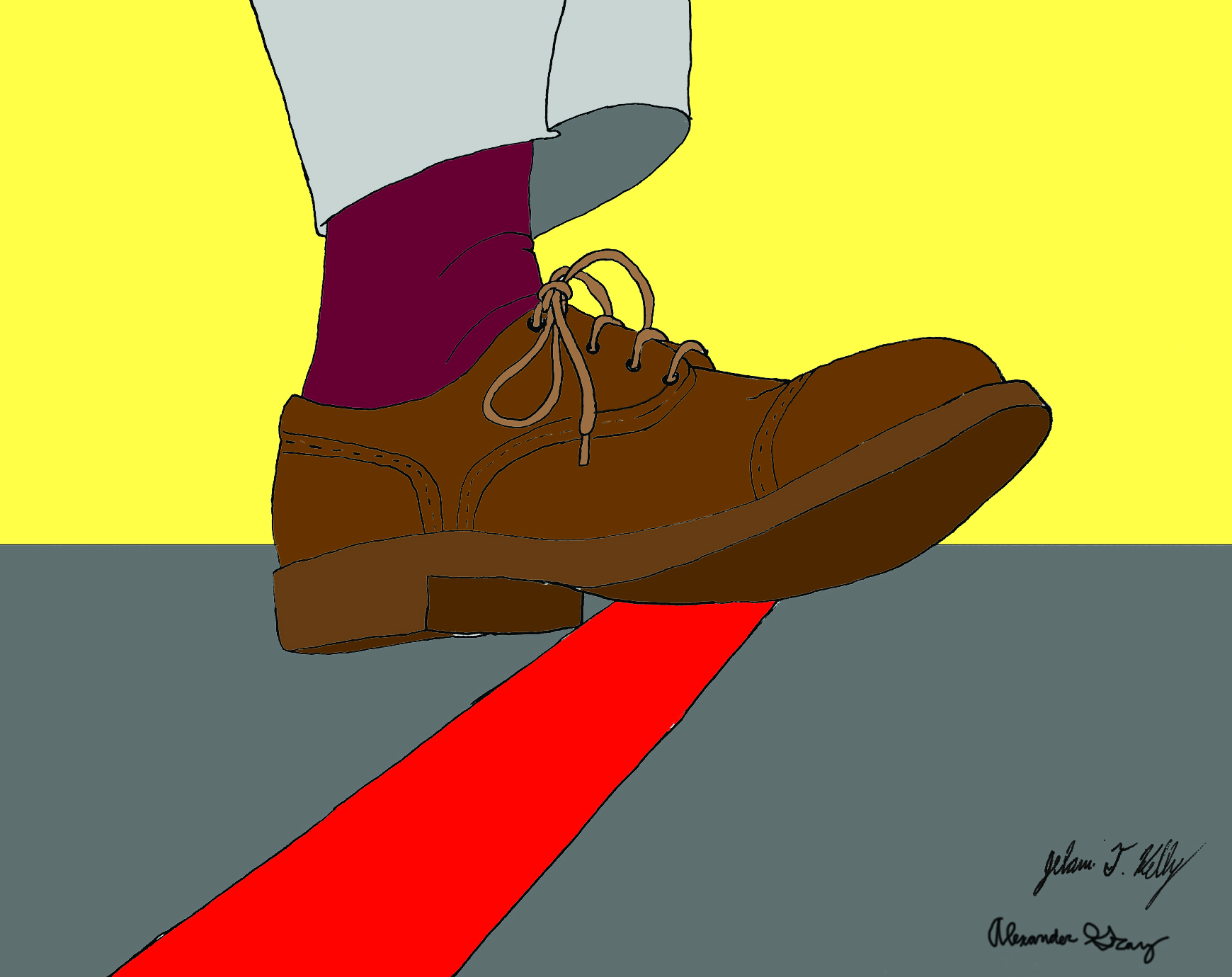
Princeton University professor emeritus Lawrence Rosen, a legal anthropologist who has been with the university for over four decades, posed a deliberately uncomfortable question in his anthropology class that has sparked a widespread debate regarding the boundaries of free speech — a topic that Drexel University is still exploring for itself.
According to The Daily Princetonian, during a discussion on hate speech in a class titled “Cultural Freedoms: Hate Speech, Blasphemy and Pornography,” Rosen asked: “What is worse, a white man punching a black man, or a white man calling a black man a n—-r?”
Rosen intended for these words to “deliver a gut punch” to provoke a “necessary” conversation about race, according to student accounts from the Princetonian, but by the end of the lecture, several students walked out in protest. One student allegedly shouted a profanity in his face. Rosen received such a negative response that he decided to cancel the course for the remainder of the term.
Rosen’s controversial words led to far greater implications than he imagined, which in turn, has altered his teaching course. Sound familiar?
Last month, George Ciccariello-Maher resigned from the university after a slew of controversial tweets and comments. Maher aimed to challenge his audiences by introducing difficult discussions, primarily focused on race, but amid backlash and countless death threats, Ciccariello-Maher said his situation had become “unsustainable.”
In his resignation statement, Ciccariello-Maher said, “Staying at Drexel in the eye of this storm has become detrimental to my own writing, speaking, and organizing.”
While Rosen and Ciccariello-Maher are highly-esteemed educators and experts in their field, both made a precarious decision: they meddled with contentiousness and danced along the line of free speech.
But at what point does our free speech cross this metaphorical line and how can professors know the appropriate boundaries when discussing critically divisive topics? If both professors more closely monitored their commentary, would their points be less offensive? And most importantly, should they have to censor themselves to begin with?
No matter what view one holds in regards to Rosen and Ciccariello-Maher’s teaching styles and overall point of views, it all comes back to determining the limits of what we can acceptably say and do.
Drexel administrators mostly veered from commenting on Ciccariello-Maher, but Princeton administration has wholeheartedly defended Rosen.
“The values of free speech and inclusivity are central to Princeton University’s mission and critical to the education we provide to our students,” Princeton spokesperson Michael Hotchkiss said to the Associated Press. “The conversations and disagreements that took place in the seminar led by Professor Rosen (last week) are part of the vigorous engagement and robust debate that are central to what we do.”
We must seriously consider these thoughts. Robust — and sometimes uneasy — debates indeed push us out of our comfort zones, widening our point of view and ultimately changing our perceptions. Classrooms present the perfect setting for these discussions, but at the same time, overall morality must prevail through these conversations.
There may not be many standards when it comes to free speech, but until we draw clearer lines, cases like Rosen and Ciccariello-Maher’s will continue to arise.

